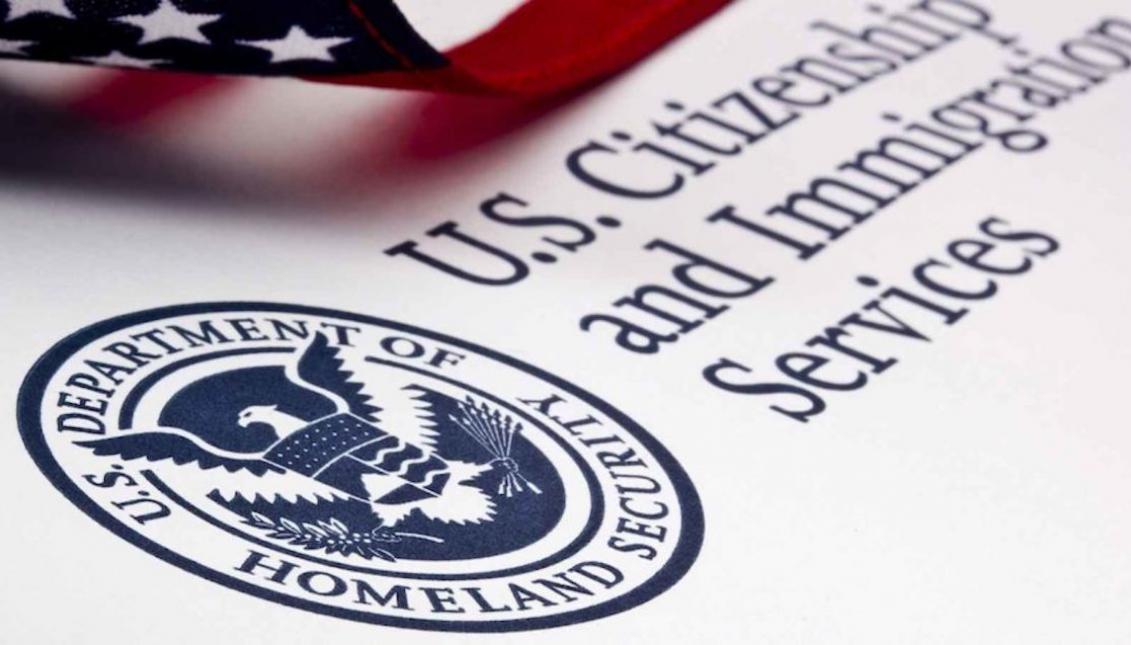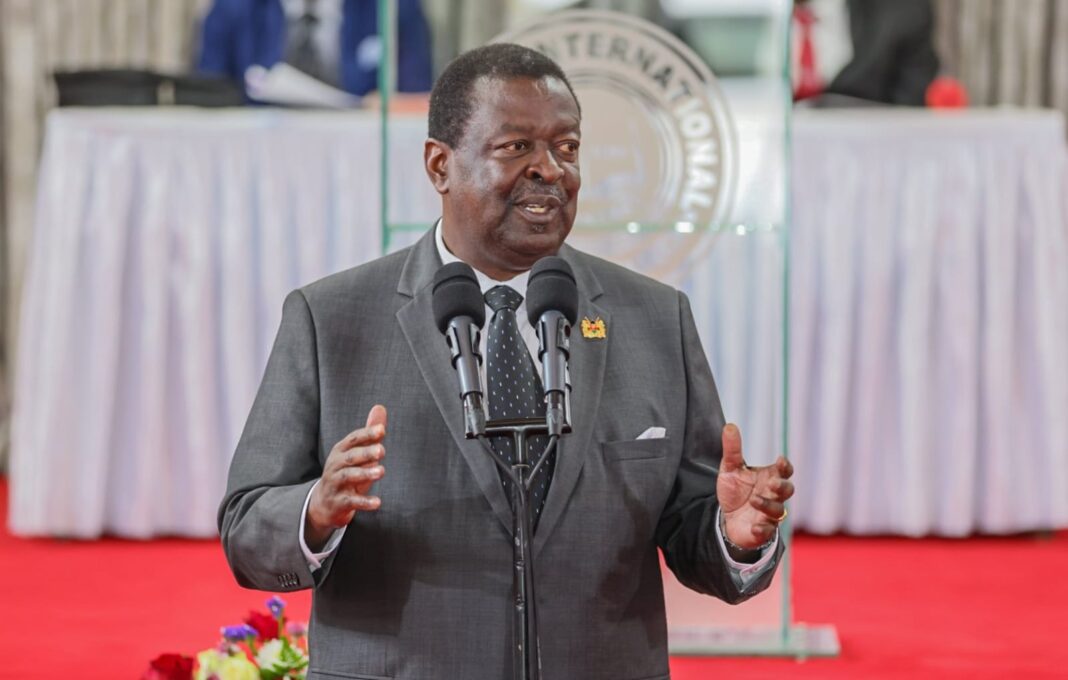For many low-earning Kenyans in the United States, affordable housing has been their lifeline. But that lifeline is now at risk. The Trump administration has unveiled a tough housing policy that could throw thousands of undocumented migrants out of public housing.
The move, framed as a crackdown on immigration loopholes, demands proof of citizenship or lawful immigration status from all tenants in federally funded housing. For Kenyan families struggling to survive in America, this new policy is nothing short of devastating.

Eviction of Undocumented Migrants from U.S. Public Housing Targets Kenyan Families
The U.S. Department of Housing and Urban Development (HUD), under instructions from President Donald Trump, has ordered all Public Housing Authorities (PHAs) to submit detailed tenant records within 30 days. The directive demands names, addresses, unit costs, bedroom numbers, and most importantly, proof of citizenship or legal immigration status.
The new rule enforces Section 214 of the Housing and Community Development Act, which prohibits undocumented migrants from receiving federal housing aid. While the law has existed for decades, enforcement has been lax. Trump’s administration now insists that no tenant will be allowed to “leave citizenship boxes blank” or rely on relatives with legal status to access subsidized housing.
HUD Secretary Scott Turner framed the policy as an act of fairness to American citizens. In his words, undocumented migrants have been “riding the coattails” of hardworking Americans, benefiting from taxpayer-funded housing while citizens remain on waiting lists. He further argued that only one in four eligible American families currently receive housing assistance, blaming part of the shortage on weak enforcement of immigration laws.
For Kenyan immigrants who often work low-paying jobs, this development is alarming. Many of them rely on Section 8 vouchers or HUD housing to survive in expensive cities. Those still waiting for green cards or permanent residency face the risk of eviction if they cannot immediately provide proof of legal status.
Public Housing Crackdown Raises Fear Among Migrant Communities
The new directive has triggered fear among migrant families across the U.S. Families with mixed immigration status, where children or spouses are legal but others are not, are especially vulnerable. They may be forced out of their homes even if only one household member fails the new documentation requirement.
Public Housing Authorities that fail to comply also face threats of penalties, including loss of federal funding. HUD has warned that it will use audits and evaluations to enforce the policy. Housing advocates say this measure could push thousands of law-abiding migrants into homelessness, while children born in the U.S. will be left without shelter.
For Kenyans in America, the stakes are high. Many came to the U.S. in search of better opportunities but now find themselves caught in an immigration dragnet. The policy comes at a time when the Trump administration has already tightened rules on social welfare access for migrants. From food stamps to Medicaid, public aid is being tied more directly to immigration enforcement.
Housing experts argue that the administration is unfairly targeting vulnerable families to score political points. They warn that the policy will not fix the housing crisis but will instead create more instability in communities.
Trump’s Immigration Legacy and Its Impact on Kenyans Abroad
This latest directive is part of Trump’s broader immigration agenda, which has included travel bans, restrictions on asylum seekers, and tighter visa rules. By linking housing benefits to immigration status, Trump is deepening the divide between citizens and non-citizens.
For Kenyans abroad, the effects are severe. Many Kenyan immigrants send remittances back home, supporting relatives and local economies. Evictions and housing insecurity could reduce their earning capacity, cutting off a vital financial lifeline for families in Kenya.
Critics also say the move could fuel discrimination. By forcing PHAs to scrutinize tenants’ immigration papers, undocumented migrants will face harassment and intimidation. Even legal residents may face wrongful eviction if paperwork is incomplete or delayed.
Human rights advocates are calling for legal challenges, arguing that the directive violates the basic rights of children and families. They say the administration is punishing the poor instead of addressing systemic problems in the housing sector.
Still, Trump remains firm. His administration argues that housing aid must be reserved for citizens and lawful residents only. Migrants without papers, no matter their personal struggles, will have to fend for themselves.
For Kenyan immigrants in America, the message is clear and chilling. Their fight for a better life now faces the harsh reality of eviction and uncertainty. The policy may serve Trump’s political goals, but for those at the receiving end, it is a direct blow that could dismantle years of sacrifice and hope.


